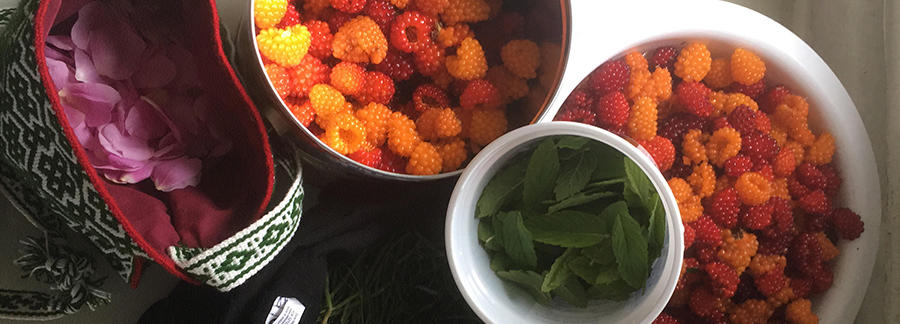Date:
Location:
 NATIVE CULTURES OF THE AMERICAS
NATIVE CULTURES OF THE AMERICAS
SPEAKER: Brenda L Croft, Australian National University, Harvard University
On 23 August 1966 200+ Gurindji (and associated nations and clans) stockmen and their families walked off Jinparrak (2nd Wave Hill Station) in the Victoria River region of the Northern Territory of Australia in protest at the genocidal conditions forced upon them over eight decades of colonial and unsettler-colonial impact. The 22-kilometer Walk-Off Track traversed by this committed group drew national and international coverage and support over almost nine years of activism and has been described as the origins of the national land rights movement, alongside a similar sovereign action in 1963 by Yolngu people from Northeast Arnhem Land. As part of Croft’s creative-led doctoral research, she retraced the Walk-Off Track with members of her patrilineal community, using Critical Indigenous Peformative Collaborative Autoethnography and Storywork methodologies.
Croft drew inspiration from her ancestors sovereign action of self-determination to propose ‘Murrudha: Sovereign Walks – tracking cultural actions through art, Country, language and music’ in her role as team leader of this Australian National University Indigenous Health and Wellbeing Grand Challenge. The project is driven by traditional owner nations community members associated with a trek of 135 kilometers undertaken by senior Wiradjuri Elders and Clevermen, Nangar/Yangar (Jimmy Clements) and George/John (Marvellous) Noble in 1927. They walked from Brungle Aboriginal Community across the Brindabella Range to Canberra on the Limestone Plains, so as to state their sovereignty at the opening of the federal Parliament House in the nascent national capital, Canberra.
Asserting Australian First Nations Connection to Country and Culture is an ongoing sovereign action that secures First Nations cultural transmission, longevity and is a positive predictor for improved First Nations Health and Wellbeing. The ongoing colonial project of displacement, denial and dismissal of First Nations rights continues to severely impact First Nations communities in the present, with significance for an equitable future with non-Indigenous Australians. As individual and collective sovereign embodied action Murrudha becomes an act of existential survival for First Nations Peoples.
These culturally intersectional projects incorporate multidisciplinary, multi-modal, multi-literacies First Nations Knowledge Holders working across and within visual and performative practices, ceremonial/customary practices, language reclamation and reinvigoration and cultural care for Country.



About the Speaker
Brenda L Croft is from the Gurindji/Malngin/Mudburra peoples from the Victoria River region of the Northern Territory of Australia, and Anglo-Australian/German/Irish/Chinese heritage. She has been involved in the Australian First Nations and broader contemporary arts and cultural sectors as a multi-disciplinary creative practitioner - artist, arts administrator, consultant, curator, educator and researcher - since the mid-1980s. Over four decades her creative-led research has encompassed critical performative First Nations Autoethnography, First Nations Storywork and historiography, cultural reclamation, identity and representation, through multi-modal methodologies. Brenda is Professor of Indigenous Art History & Curatorship at the Australian National University, Canberra, Australia. In 2024 Brenda will be Gough Whitlam & Malcolm Fraser Chair of Australian Studies at Harvard University, working across the Department of History of Art & Architecture (Spring Term 2024), and Department of Art, Film & Visual Studies (Fall Term 2024).